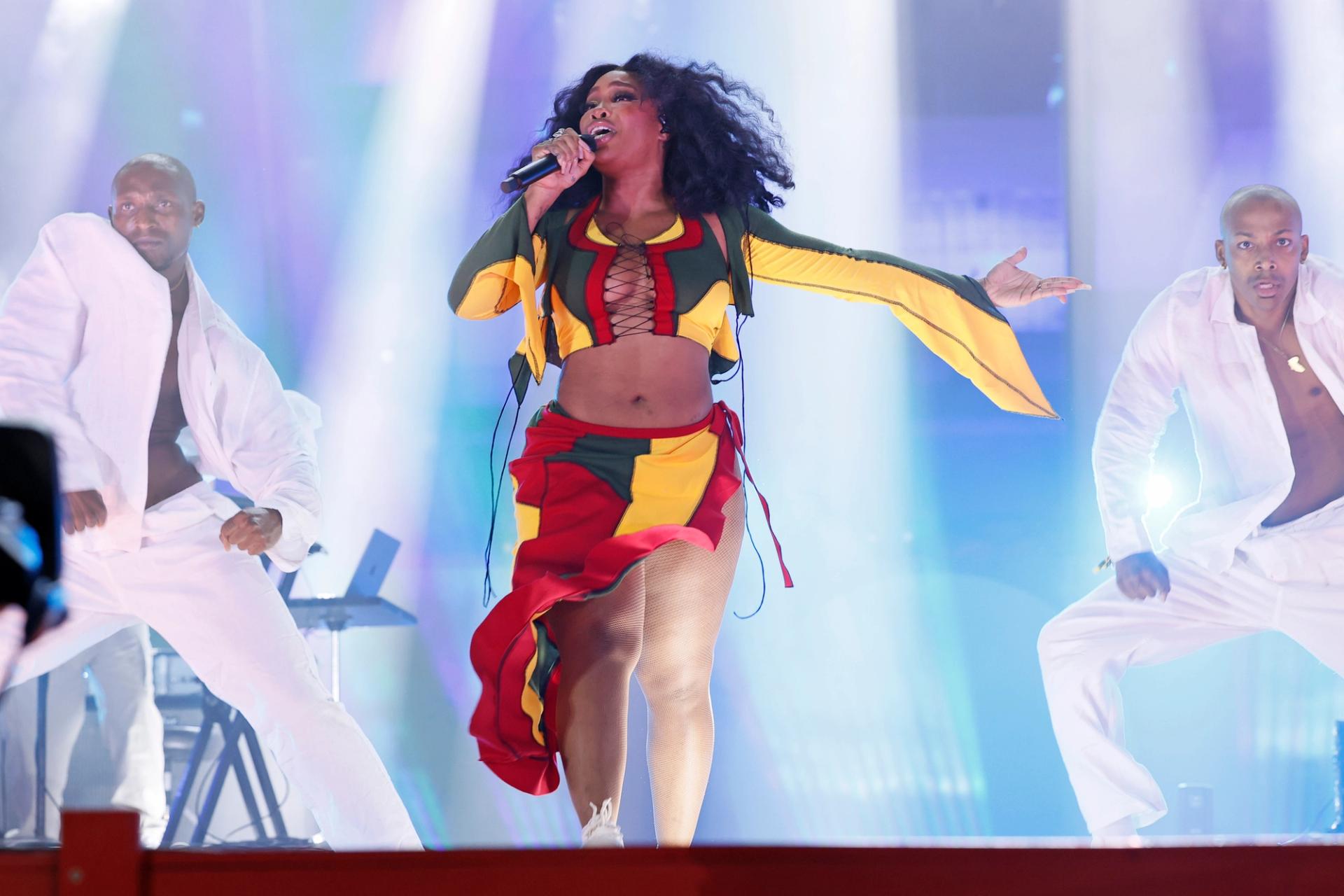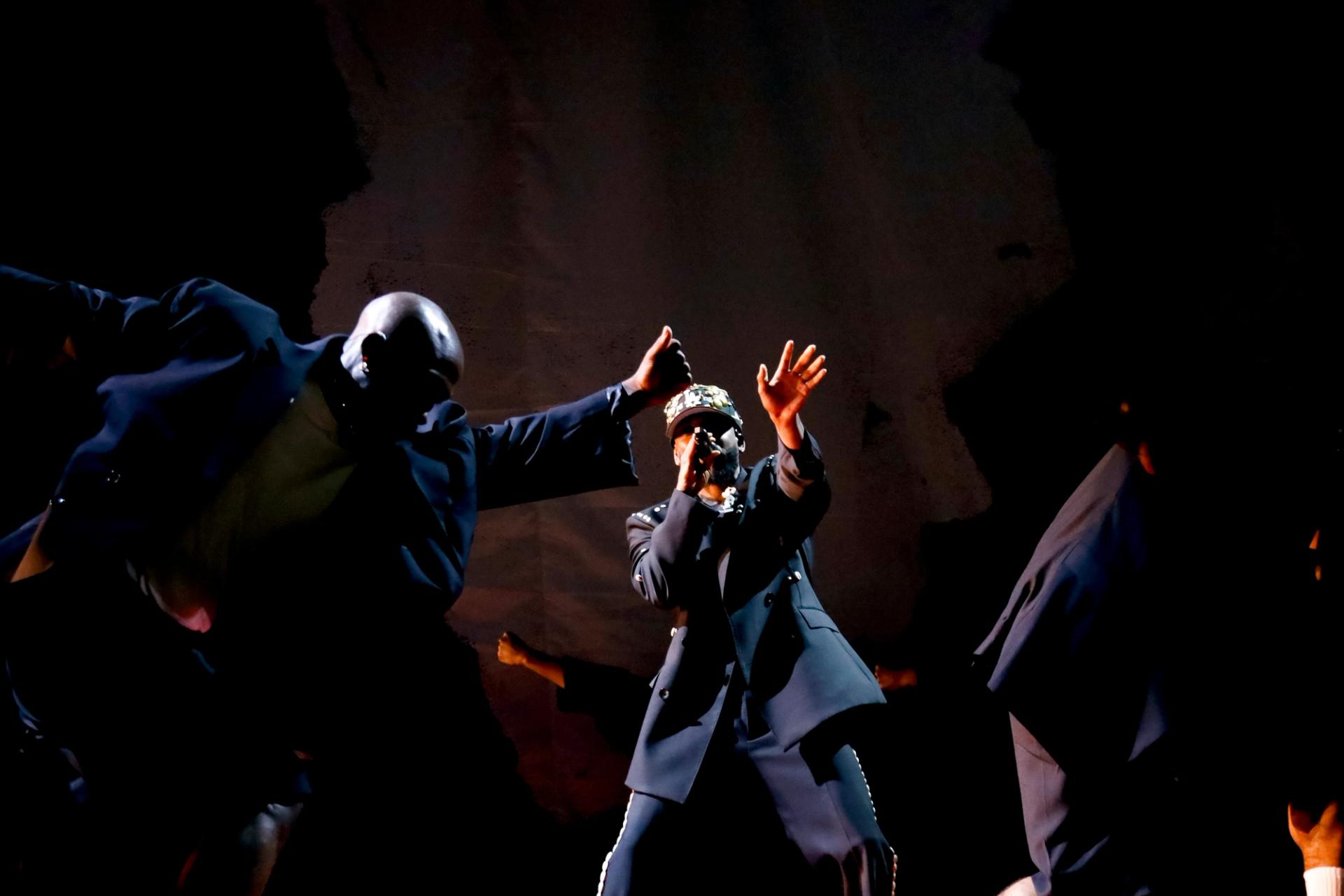The News
An international advocacy organization that uses live music to champion its causes is building a pan-African ticketing platform as part of a wider push to support an international touring circuit on the continent.
Global Citizen, whose Move Afrika show took place in Rwanda’s capital Kigali last month headlined by hip-hop star Kendrik Lamar, is working on a broader plan to ensure the live music business creates long-term jobs and boosts local economies, according to Liz Agbor-Tabi, it’s vice president of global policy.
“We’re doing a lot of work to upskill the talent on the ground,” said Agbor-Tabi. Global Citizen, which is headquartered in New York, has been bringing in experts and pairing them with local technical partners to develop local expertise. It has signed ongoing five-year terms with its partners to build local capacity. “We’re showing to the world and investors that there is talent on the continent,” said Agbor-Tabi.
It comes as the organization announced it is bringing the Move Afrika tour back to Accra, Ghana, this year in partnership with Lamar’s company pgLANG as curator. The plan was announced this week at the World Economic Forum in Davos, Switzerland, with Ghana’s President Nana Akufo Addo and President Paul Kagame of Rwanda in attendance.
In this article:
Know More
Global Citizen says building a pan-African ticketing platform will make it easier for both international and African artists to plan their tours around the continent rather than the current “siloed” model with each country having multiple systems. It will also be easier to integrate different currencies and payment systems, such as mobile payments, onto such a platform. But it is just one piece of an ambition to make touring a seamless reality across Africa and enable platforms to create long term partnerships.
The organization says it recruited more than 1,000 locals for its Move Afrika show in Kigali last month, accounting for 75% of the production crew, as part of its “focus on creating opportunities for skill development” and international event training. In Ghana in 2022 which featured artists including Usher and Sza (pictured), it says it injected more than $15 million into the local economy from production, tourism, logistics and marketing among other activities.
The organization wants to build on this model in another three African cities by the end of this year and five more by the end of 2025.

Yinka’s view
For decades major international artists have proudly announced their massive multimillion-dollar “world tours” which spread across the globe, except for one major continent: Africa. To be clear, some tours stop off for a couple of nights in Johannesburg but, given the cost of getting there without going to neighboring countries, it hasn’t always made economic sense for tour managers.
There are multiple reasons for this of course. None more obvious than infrastructure. This includes everything from physical arenas to lighting and world-class audio-visual equipment which top artists have as requirements before showing up anywhere in the world. Then there’s the technical skills required to manage all this for the artists.
This is why Global Citizen’s approach is so interesting. They’ve invested in developing local expertise which should in turn encourage more artists and their teams to show up in African cities.
The big picture here is not just to see live entertainment as an industry sub-sector on its own. It’s part of a wider ecosystem that includes tourism, payment systems, technical jobs, road networks, venues, and much more. By organizations like Global Citizen showing what’s possible with a little (okay, a lot) of investment, more artists and promoters will see the opportunity here and take some chances.
It’s also important to note that this isn’t just about infrastructure and technical staff, but also about the growing power of African presence in global pop. With Afrobeats and amapiano becoming mainstream on the world stage, there is a lot more curiosity about the cities and countries that produce the music half the world is dancing to. It’s about time.
The View From Lagos
The wider Lagos metropolis is often described as Africa’s largest city with millions of young people who listen to the Afrobeats sound that has taken over the world. Entertainment industry veteran Obi Asika, recently named director-general of NIgeria’s National Council for Arts and Culture, says several projects are in the works to address the city’s logistical challenges and its lack of large venues. These initiatives include a planned Lagos Arena in the Lekki district.
“To deliver really major events we do need bigger venues and to be able to produce the right experience at the major venues for our major artists,” said Asika, who was a pioneer Afrobeats music entrepreneur.
